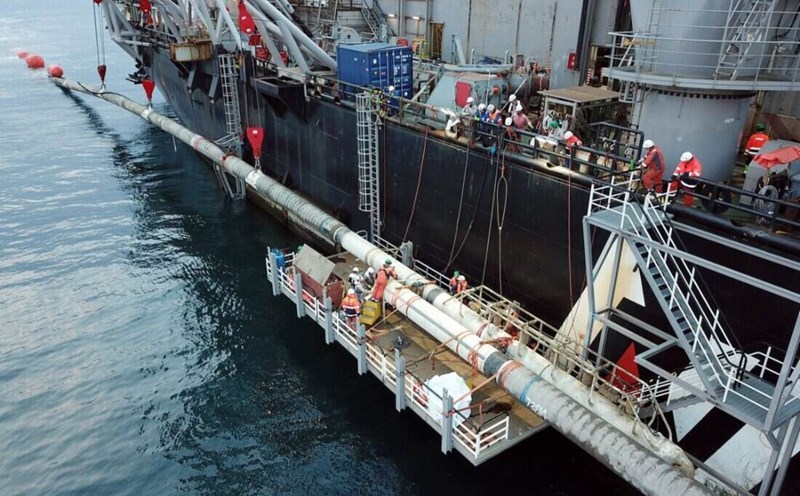Serbia's NIS oil and gas company announced on June 20 that it had sent a request to the US for a fourth exemption from sanctions, to avoid the risk of cutting crude oil supplies.
NIS is currently majority-owned by Russia's Gazprom Neft and Gazprom. The NIS is operating Serbia's only refinery. The facility has an annual capacity of 4.8 million tons, meeting most of the country's consumption needs.
The US Treasury Department's Office of Foreign Assets Control (OFAC) first imposed sanctions on Russian oil on January 10 this year and gave Gazprom Neft 45 days to withdraw ownership at NIS.
To date, the NIS has received three exemptions, the third of which will expire on June 27.
On March 14, the NIS submitted a request to the US Treasury Department to remove the company from the sanctions list.
Despite the complex operating environment, the NIS is still committed to ensuring a stable supply of petroleum products to the domestic market, while continuing to commit to maintaining social stability for its staff, the Serbian oil and gas company wrote on its official website.
On February 26, Gazprom Neft transferred about 5.15% of its NIS stake to Gazprom, in an attempt to avoid sanctions.
Gazprom Neft currently owns 44.85% of NIS' shares, while Gazprom holds 11.3%. The Serbian government holds 29.87%, the rest is owned by small shareholders.
The NIS imports about 80% of crude oil demand through Croatia's Janaf pipeline operator. The rest is met from domestic mining output in Serbia.











